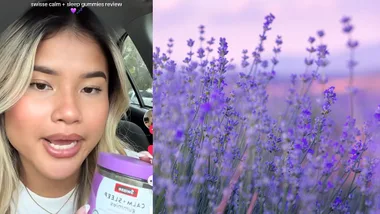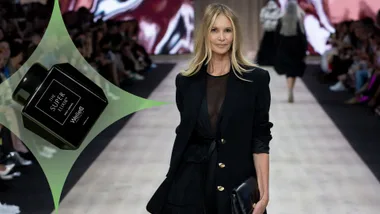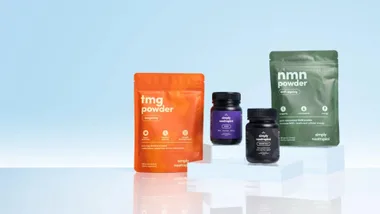Spring is already upon us and you know what that means… the dreaded hay fever symptoms.
What if we told you there’s a way to minimise non-stop sneezing in important meetings and strangers asking if you’re okay since your eyes are bloodshot from you itching them so much?
We sat down with Specsavers optometrist Greeshma Patel last week to get to the bottom of why your eyes itch.
WATCH NOW: Peter Andre mocks wife Emily’s hay fever allergies amid lockdown. Article continues after video.
What actually is hay fever?
Greeshma answered the question that has been bugging hay fever sufferers in the New Idea team, “So hay fever is when the pollen count in the air increases usually around springtime, irritating the mucous linings of our eyes and our sinuses.”
Even though it feels like being singled out with hay fever allergies, she went on to explain that… “Just as you might suffer with other allergies or problems with food and environment, this is an allergy that affects people who are impacted by a rise in pollen in the air.”

How is hay fever different from allergies?
Earlier that morning, we were sneezing from dust in the air conditioner and as we talked with Greeshma turns out it wasn’t hay fever like most people suspect. “General allergies or perennial allergies, we call them all year round.
They’re there all the time based on the environment.
Mean you can be impacted all year round based on the environment that you’re in.”
RELATED || Detox your home from allergies
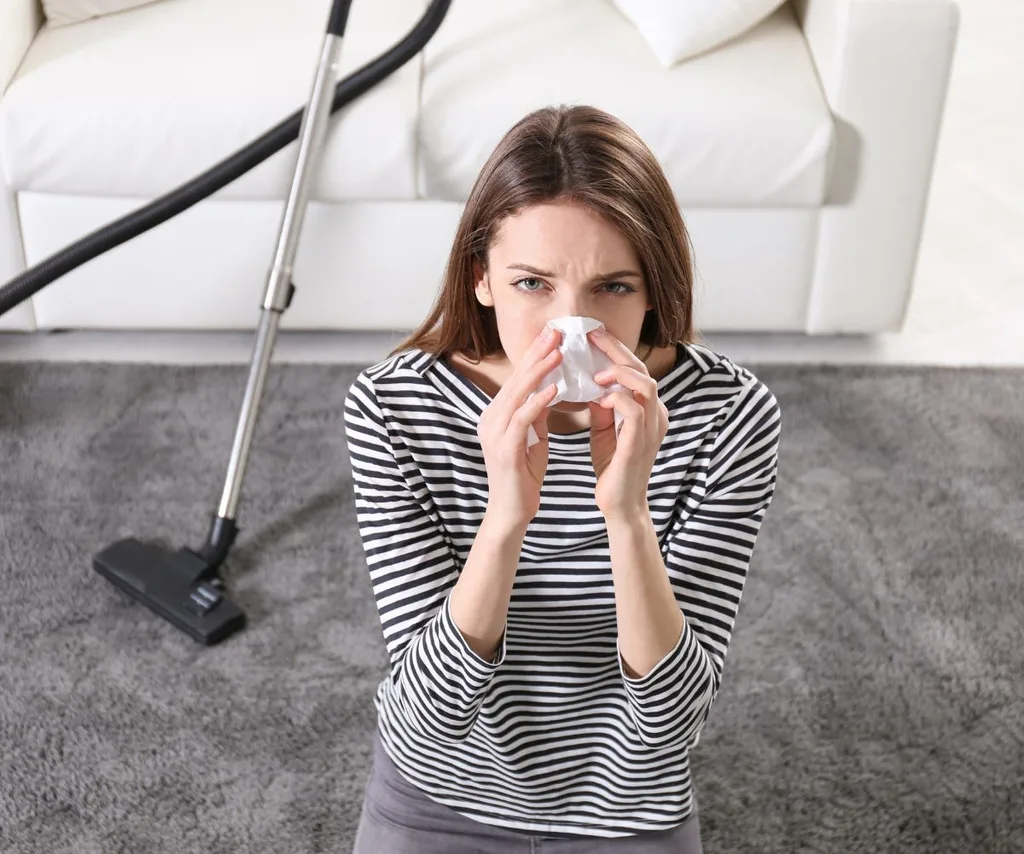
Why is hay fever making my eyes itch?
We’ve all been there, rubbing at our eyes trying to make them feel better. Greeshma explained why we should resist the itch, “Hay fever can cause a lot of persistent itchiness and watering and redness of the eye. And the thing that creates the itchiness is you’ve got lots of little bumps on the underside of the eyelids, which get bigger the more you rub.”
She went on to explain the mystery bumps further, “It’s quite gritty where these bumps underneath the eyelid just scratch over the front surface of the eye. So it’s really important not to not to inflame them further.”
RELATED || ‘Haytox’, the new answer to hay fever symptoms
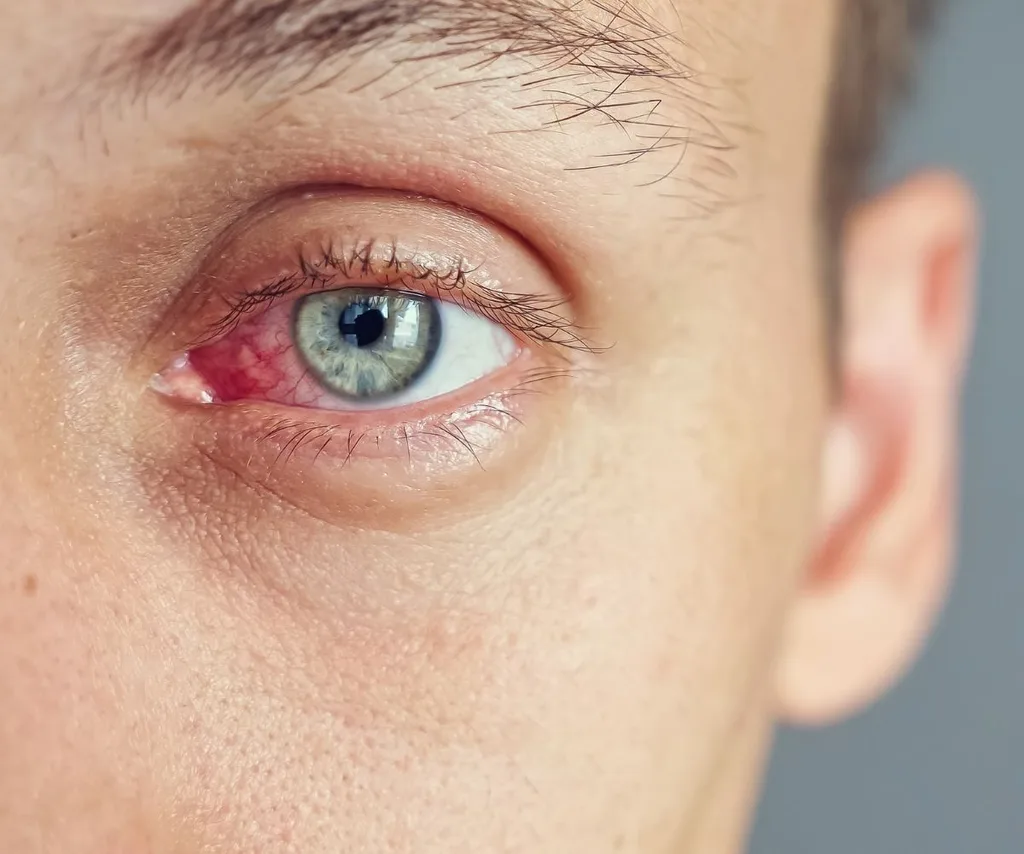
How do you prevent hay fever symptoms?
Here’s what you need in your prevent-hay fever toolkit, “Cold compresses, act early with the antihistamine drops, be consistent with the medication usage, and don’t give your eyes a tickle.”
But what about when you’re outside?
“Giving your eyes a bit of a shield from the elements, including UV light, but also pollen in the air, a well fitting pair of sunglasses is always helpful if you wear contact lenses.”

How do you treat hay fever?
The main treatment of hay fever is antihistamines, by blocking the histamine allergic reaction in the body.
If you have itchy eyes, she recommends: “I often tell patients to use antihistamine eye drops, and even artificial tear drops.”
Make sure to get an expert opinion from an optometrist to find the best antihistamine eye drops to suit your hay fever or even eye drops that you can use year-round that are less potent if you have allergies instead.
“We have microscopes. We can see what’s going on with the surface of the eye. We can make sure you’re using the right product.”
If you have any other allergic reactions like a runny nose or a rash, for example, it’s important to go to a doctor so you can get an antihistamine tailored to you that doesn’t interfere with any other medication you’re taking.
